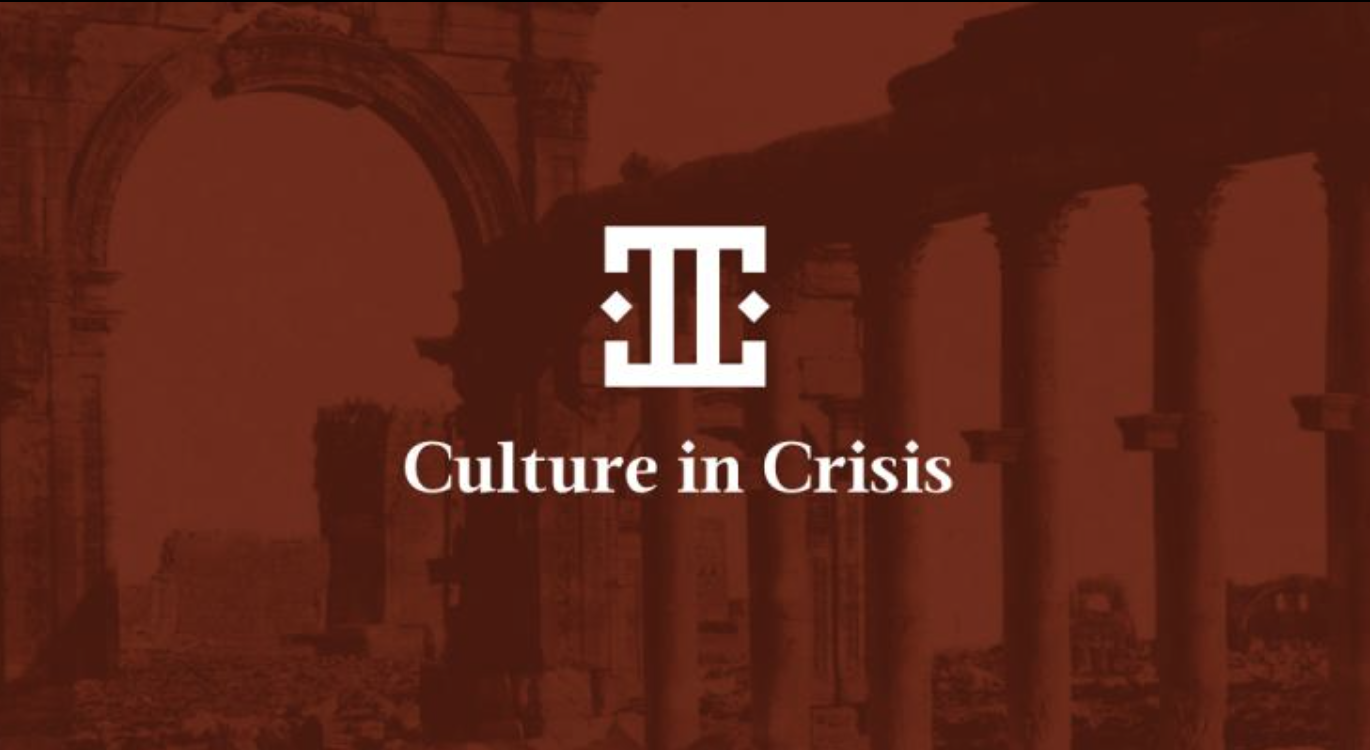From 27 to 28 April 2023, the international conference "Collaboration In Times Of Crisis: Preserving Natural And Cultural Heritage" took place in Tbilisi, Georgia, where I presented my research related to the role of social media and communal archiving for Aleppians displaced from Syria.
The conference explored the value of collaboration when working to preserve natural and cultural heritage; before, during and after times of crisis. We will bring together international experts with a shared interest in the protection of heritage, from various backgrounds, disciplines, and approaches.
Conflict, criminal activities, and the impacts of the climate crisis - alongside fundamental changes to social, political, and economic systems - have long represented a serious threat to both natural and cultural heritage. Understanding the potential impacts of complex and dynamic situations, managing various risks, as well actively addressing threats are all necessary stages in their successful protection. Rarely are these things, we can do alone.
Through the conference, we explored key thematic areas, including:
The value of networks and alternative frameworks for cooperation
The civic role of museums and heritage organisations; before, during and after crisis.
Partnership beyond traditional boundaries of working – with particular reference to engagement with humanitarian organisations, the media and the military.



